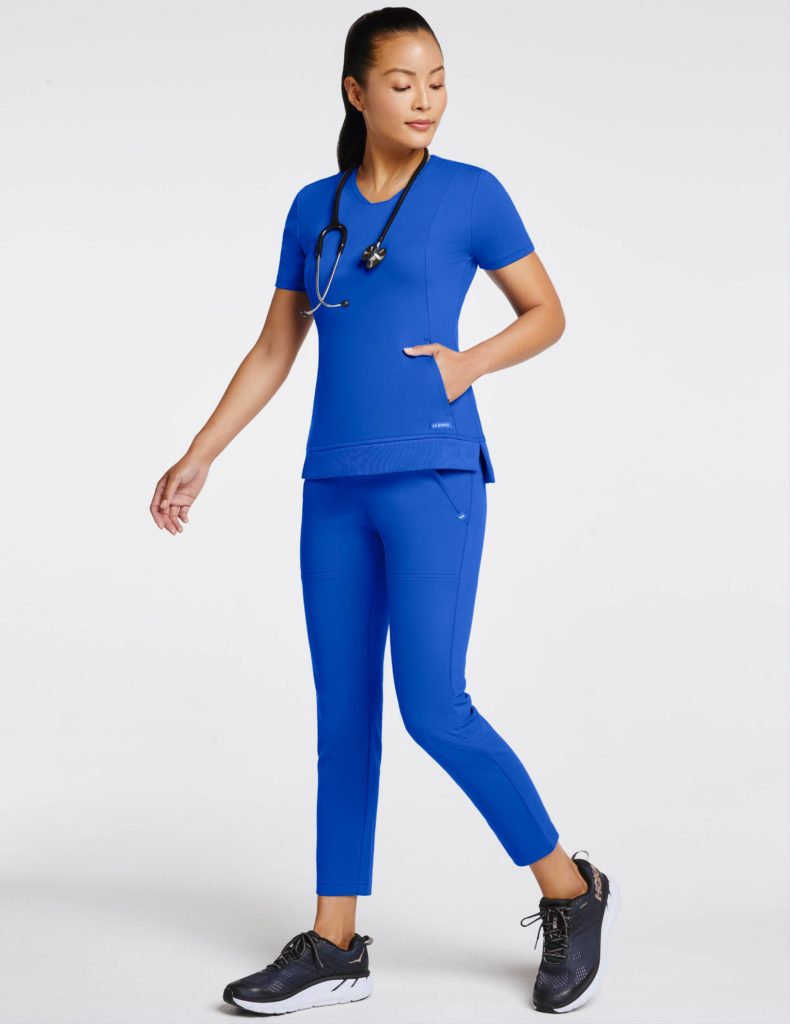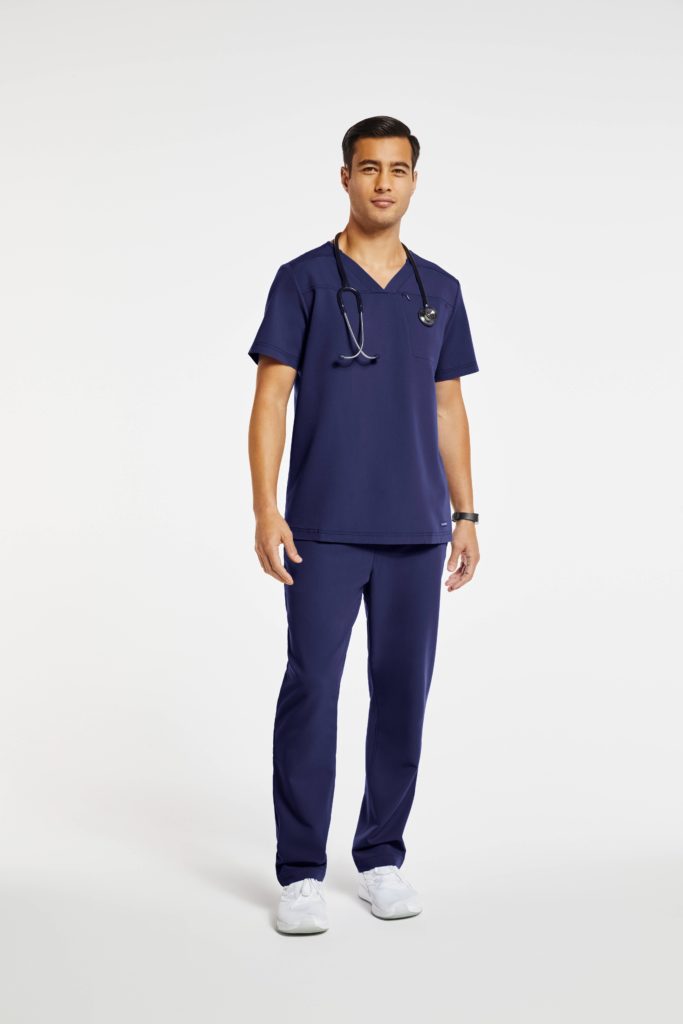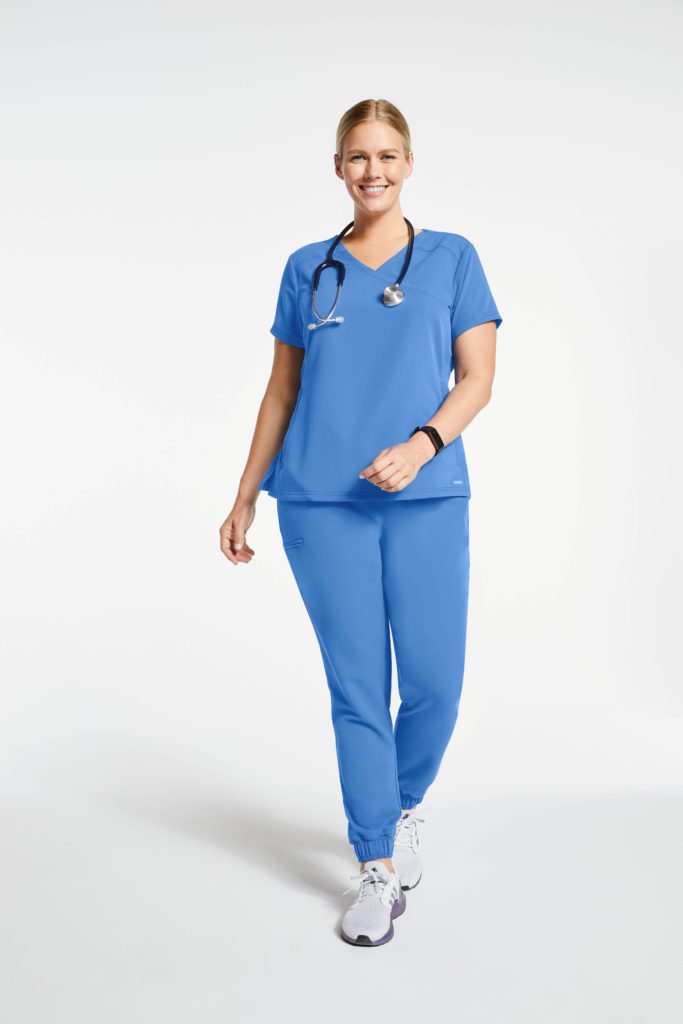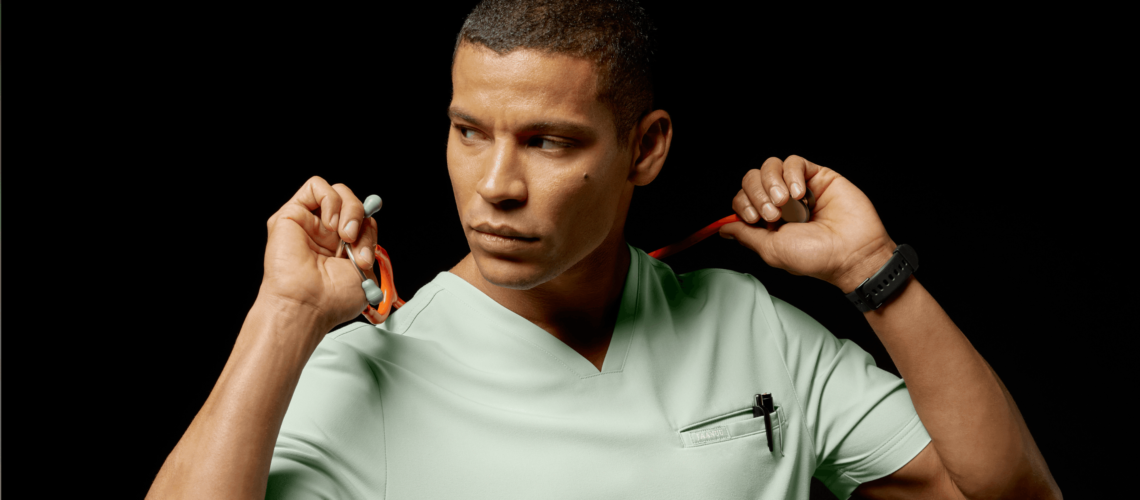If you’re a nurse, you’re no stranger to shift work. That means that you’re also no stranger to grabbing a snack on the go or eating your lunch in record time.
As healthcare professionals, we believe it’s important for medical workers to prioritize their self-care, and eating right is part of doing so. Nursing burnout statistics (not to mention those for stress and depression) are seriously high. What does that tell us? Healthcare professionals deserve—no, need—to take breaks now and then, especially when it’s mealtime.
This article will show you how to focus on healthy eating habits. Of course, this isn’t the only way to get the self-care you need. You can also join nurse support groups, seek professional help from a therapist, pursue a physical activity, and practice wellness activities like meditation.
But let’s take one thing at a time and tackle some common unhealthy eating habits that may be holding you back from feeling your best, as well as answer the all-important question for professionals in your line of work: How often should nurses eat?

Eight healthy eating tips for every nurse
If you’re working long hours or frequent third shifts, we know how challenging it can be to eat how you’d like, when you’d like. If you’re working night shifts that throw off your sleep, too, which can also affect your eating habits.
So let’s start small. Here are some minor changes you can make to your dietary habits, no matter how hectic your schedule.
Eat as slowly as possible
We know you don’t have much time in your workday, but take the precious moments you do have to truly savor your meal. Eating can be a source of pleasure in your day and provide you with a much-needed mental escape.
Don’t skip meals
Skipping a meal can leave you feeling hungry, but it can also take a toll on your concentration. Glucose levels drop when you don’t eat, leaving you distracted and cranky. And during 12-hour shifts, you need all the energy you can get. If you can’t squeeze in a meal, reach for a nutrient-rich snack.
Avoid eating one large meal
Stuffing down a big meal is easy to do when you’re ravenously hungry, but it can lead to overeating. When you consume more calories than your body can handle in one sitting, you may feel heavy and sluggish afterward.
Pack a snack
Better yet, pack several snacks. Look for healthy treats rich in nutrients, good fats, fiber or whole grains with enough caloric content to help you push through long shifts to your next meal break.

Drink water
Hydration is key. Water is essential for the body and mind to function properly, not to mention your general wellbeing. Getting enough water will help you feel and perform better, so don’t forget to bring your water bottle with you.
Skip the junk food
Junk food may provide a delicious moment of euphoria, but it won’t leave you feeling energized. Instead of buying a bag of chips when you’re on the run, have some nut mix or dried fruit, which will boost your energy levels instead of dragging you down.
Make a plan
Making a meal plan on your day off may not sound like fun, but this activity has its upsides. It allows you to look at the week ahead and get excited about your delicious dinners in advance. Plus, it helps you make better food choices by encouraging you to stock up on smart snacks and prepare nutritious meals. Did we mention that meal planning can also help you save some cash?
Treat yourself
You work rigorous shifts at a stressful job. It’s okay to take a break from your healthy diet and indulge. If a patient or colleague brings your favorite soft-baked cookies to the office, grab one and enjoy every bite. Just be mindful of not letting these treats replace your regular healthy eating habits.
How many meals should you eat in a day?
You’ve maybe heard celebrities and social media influencers rave about the benefits of eating several small meals a day, but we have some good news for everyone who doesn’t have the time to eat multiple mini-meals while at work: Your body burns the same calories digesting three large meals as it does six small ones.
So, how often should you eat? Whenever you’re hungry. Of course, we’re not suggesting you sit down for a meal every time you feel peckish, but if your body is consistently asking for food three to six times a day, give in to this pattern.
The more meals you eat, the smaller they should be. Set overall nutritional intake goals for your day and split them between your meals. If you aim to consume 2,400 calories a day and have three scheduled mealtimes, each meal should contain roughly 800 calories.

Why healthy eating is crucial for nurses
Statistics show that nurses aren’t able to get the nutrition they need. In fact, 34% of nurses report not being able to find healthy food options at work, meaning that they turn to junk food from the vending machine, fried treats from the hospital cafeteria, and sugary bites left in the break room. Nurses also tend to stress-eat, which isn’t surprising, given that more than half of professionals in this role experience work-related stress.
We know you spend your days on the job providing the best care to patients, which is why we believe you also deserve to get all that you give. That also includes good food and healthy eating habits. A lack of proper nutrition can spur severe medical conditions like obesity, diabetes, strokes, and cardiovascular disease. Having healthy nurses will make for a healthier world.
At Jaanuu, we’re all about work-life balance. We believe that doing your best work and living your best life go hand in hand, so we make comfortable scrubs that look and feel great and create content about how to improve your life both at and outside of work.

